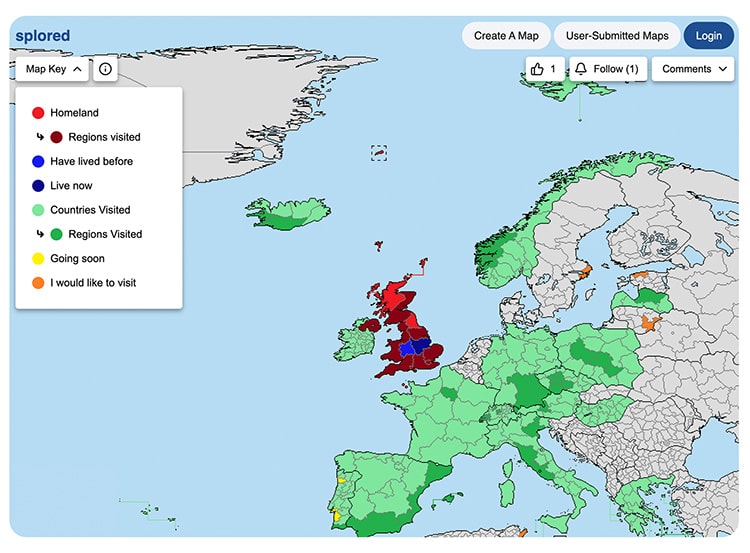Is AI About to Change Everything, or Have We Hit a Dead End
AI is everywhere these days, and the progress is mind-blowing. Models like ChatGPT are smarter than ever, but there’s a question we can’t shake: Are we on the edge of unlocking Artificial General Intelligence (AGI), or is this just another overhyped tech trend that's about to fizzle out?
There’s no doubt AI is improving fast. Models like O1, O3, and R1 are showing impressive advancements, and techniques like reinforcement learning are pushing the boundaries. The idea is simple: throw more computing power at the problem, and maybe—just maybe—we’ll get closer to AGI, especially with quantum computing on the horizon.
But here’s the thing: If you’ve used these models in real life, whether for work or school, you know they’re still far from perfect. Sure, they can draft an email or generate basic code, but when it comes to deep thinking or complex problem-solving, they can fall flat. They still have a nasty habit of “hallucinating”—giving you wrong or nonsensical answers, especially when things get complicated. So, can we really just keep scaling up these models and expect them to become genuinely intelligent?
Sure, today’s models are bigger and more powerful than ever, but bigger doesn’t always mean better. As we pump more parameters and compute power into these systems, the returns seem to be slowing down. It’s starting to feel like brute-forcing AI through sheer size and power might not be the way to go. It’s one thing to make AI more accurate for simple tasks, but true intelligence?
Sometimes I’ve wondered if, with enough complexity, we could just "scale" AI to the point where it develops real understanding. But the more I think about it, the more I’m not so sure. LLMs, at their core, are just very advanced autocorrect systems. They predict the next word in a sentence based on patterns, but they don’t understand anything. True intelligence? That might require something totally different.
Here’s where it gets interesting: AI has huge potential to make life easier by automating tedious tasks. But let’s be real—are these models solving the real problems we care about? Sure, AI can write code and generate art, but does that really help solve the big issues we’re facing?
One common quote about AI goes something like this: "We don’t need more AI-generated porn or weird art. We need robots in mines and factories." In other words, there’s a gap between what AI can do and what we really need to move industries forward. Right now, the focus seems to be on creative tasks, while the more crucial, hard-hitting problems—like automating dangerous or labor-intensive work—are left on the backburner.
There are also some serious technical challenges to tackle. For one, high-quality training data is still in short supply, and relying on AI-generated content for training could lead to issues like “model collapse.” Plus, Moore’s Law—an industry trend that’s helped power exponential computing growth—is slowing down, meaning we can’t count on ever-increasing computing power to solve AI’s toughest problems.
And let’s get philosophical for a second: Can AI ever truly become conscious? Or is it just a super-smart calculator? We’ve got AI that can process data and make predictions, but is that enough for real consciousness? The more we dive into it, the more it seems like AI is great at mimicking intelligence—but it’s still not the real deal.
"It's a Skill Issue"
AI is amazing, but it’s not flawless. Many users get frustrated when the system doesn’t get things right. It’s all fun and games until AI spits out a random, nonsensical answer, and suddenly you realize: you can’t fully trust it yet. The key to getting useful results often lies in how well you craft your prompts and interpret what the AI generates. In some ways, the limitations of AI are as much about the user’s skill as they are about the technology itself.
So, What’s the Verdict?
I think the truth lies somewhere in the middle. AI has made huge strides, but there are still big hurdles to jump—whether it’s the technical challenges, the ethical concerns, or just figuring out what AI is actually good for. Whether we’re at a plateau or just facing growing pains, one thing is certain: the conversation is far from over.
AI is here to stay, and as its capabilities evolve, the stakes keep getting higher. Whether it lives up to the hype or faces a hard reality check, we’re just getting started. There’s a lot more to learn and a lot more to figure out, but one thing’s for sure: the future of AI is going to be a fascinating ride.

